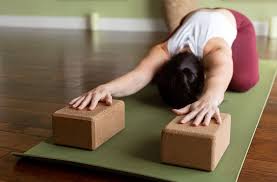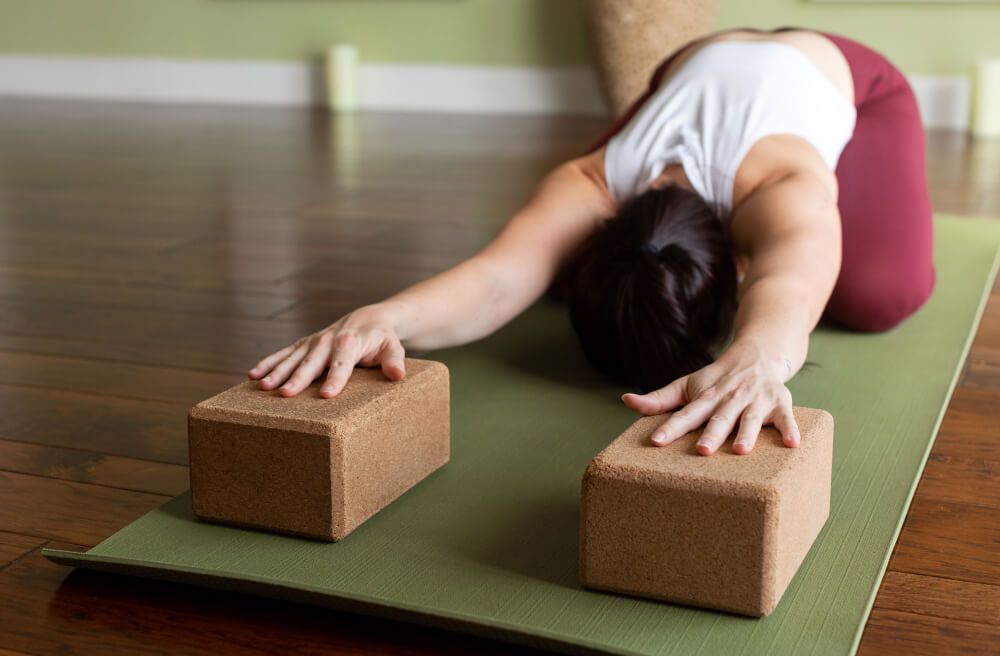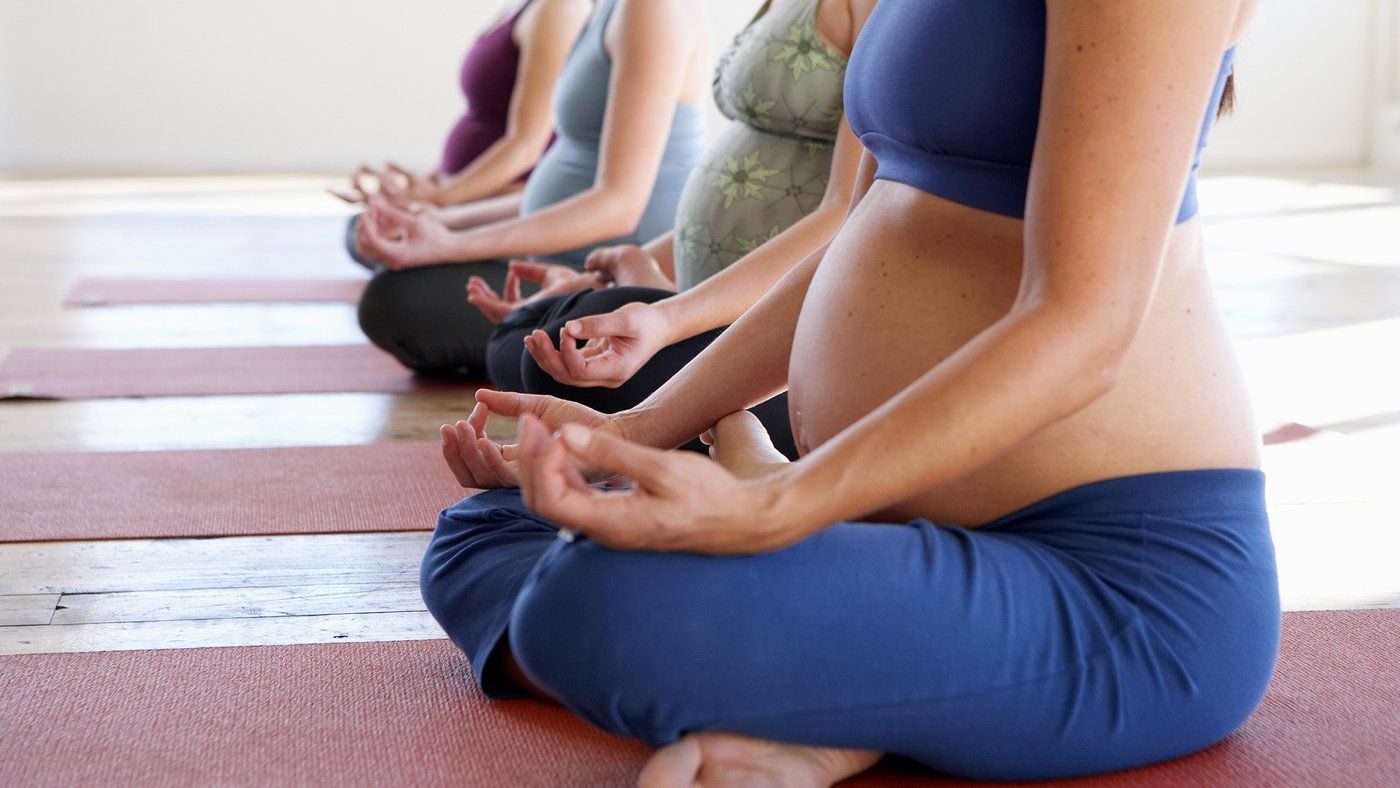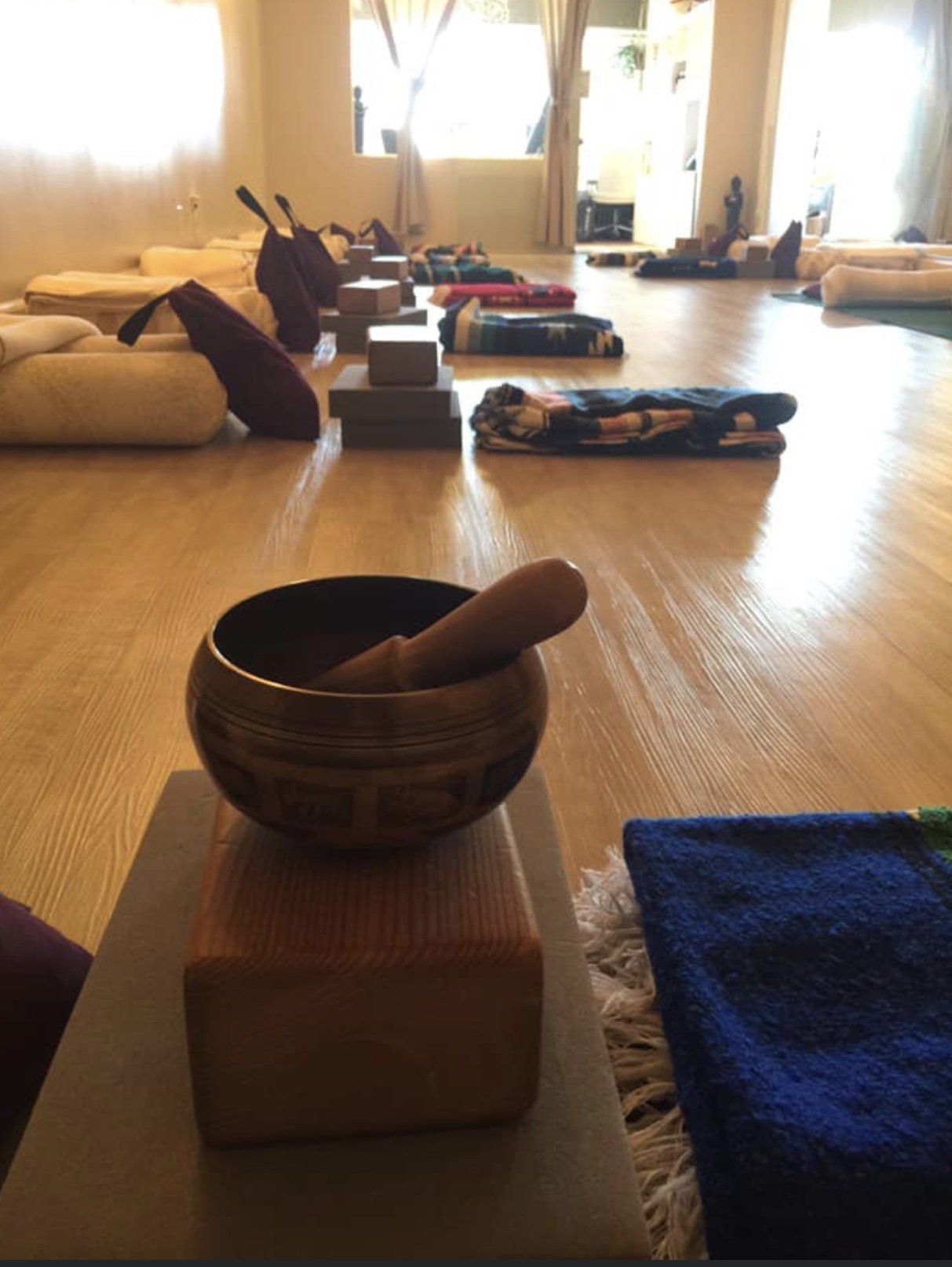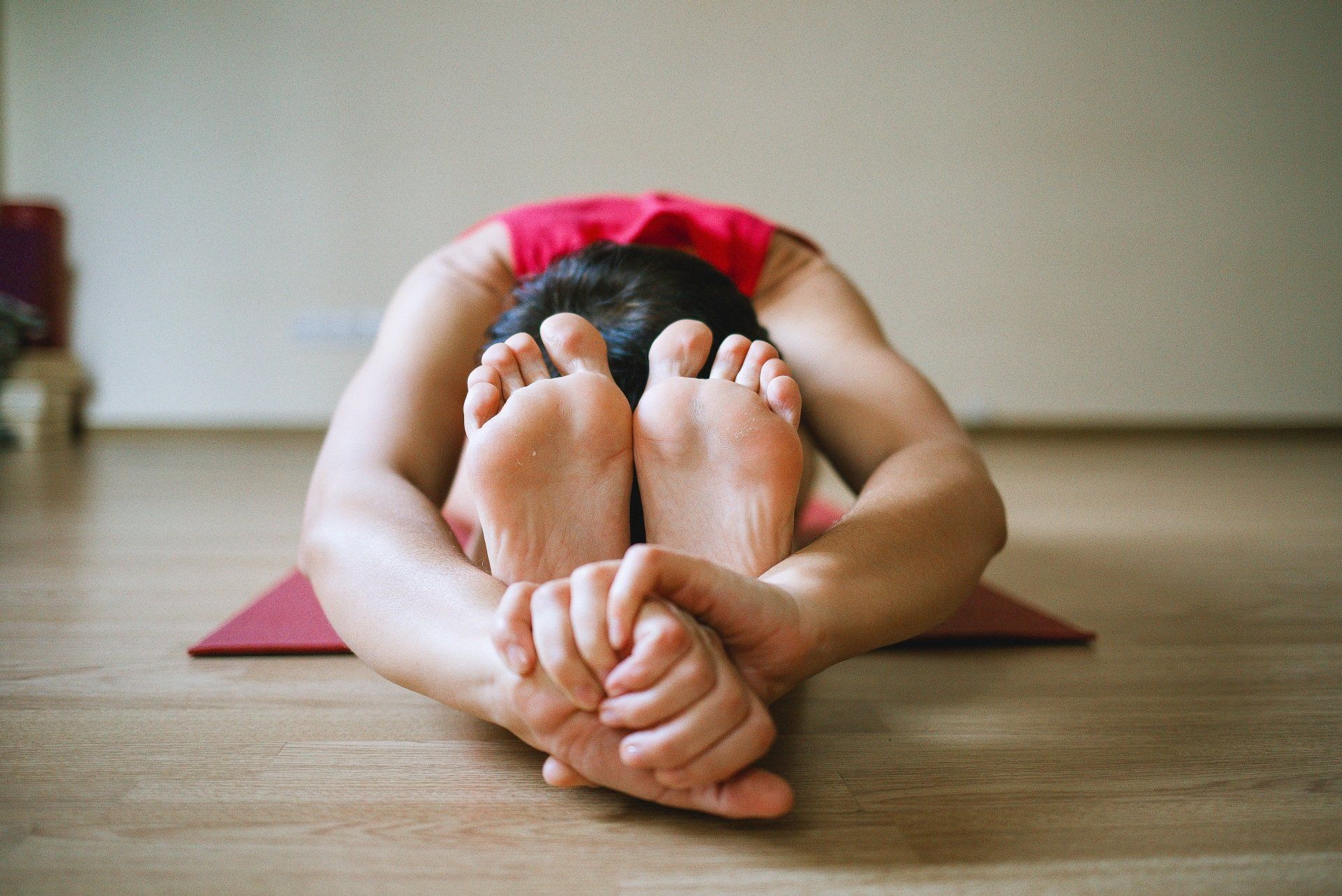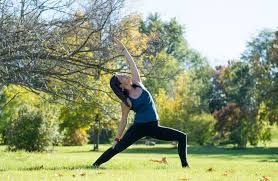Neti Pots: A guide to Nasal Irrigation
- By Yoga Studio
- •
- 18 Aug, 2015
- •

With Fall just around the corner, colder weather starts to occur and allergies tend to flare up, and those around us catch the tendency to become ill. Practicing regular nasal irrigation promotes good sinus and nasal health. People that suffer from chronic sinusitis, headaches, halitosis, anterior rhinorrhea (watery discharge), nasal congestion, and allergies may benefit from regular nasal irrigation with the use of a Neti Pot.
Nasal irrigation refers to flushing excess mucus and debris from the nose and sinuses. The earliest record of nasal irrigation is found in the ancient Hindu practice of Ayurveda whose roots are traced to the Vedas. It was customary to perform jala-neti daily, as part of soucha (personal hygiene according to scriptures).
To use a neti pot, tilt your head sideways over the sink and place the spout of the neti pot in the upper nostril. Breathing through your open mouth, gently pour the saltwater solution into your upper nostril so that the liquid drains through the lower nostril. Repeat on the other side.
Using ordinary tap water is not recommended and additionally can be uncomfortable because it irritates the mucous membranes. Use of distilled, sterile or previously boiled and cooled water over ordinary tap water is advised. A warm, salt water solution is recommended with enough salt to match the tonicity of the body cells and blood. The reason we do not use cold water is that in addition to also irritating the nasal membranes, it can also exaggerate the gag reflex during irrigation.
Neti Pots are available for purchase at the studio for $28
